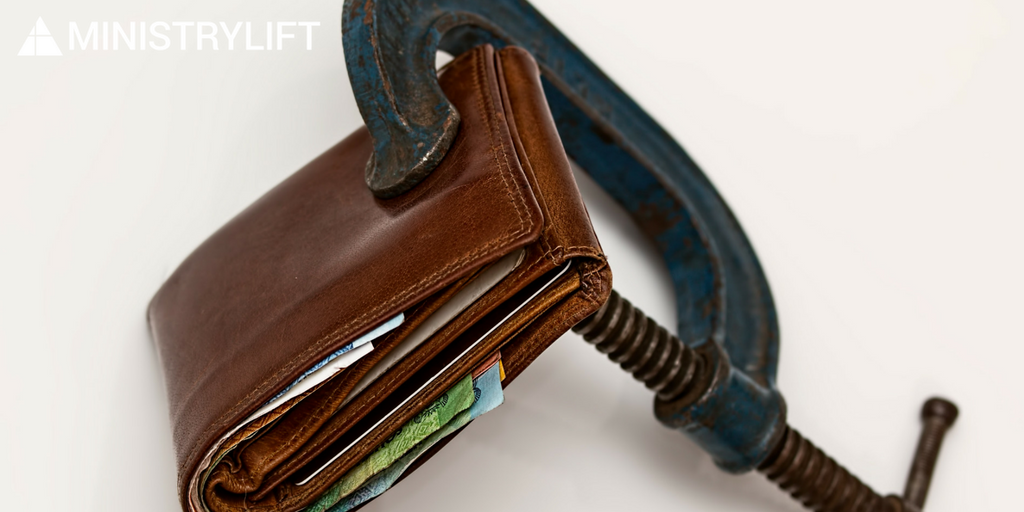Why People Give
 I grew up in a church where money was rarely talked about. I say “rarely” instead of “never” just in case I happened to miss something the preacher might have said. I imagine there must have been some public teaching that warned people about serving money instead of God, but I can’t recall this message being linked to the idea that money was needed for church ministry. Instead, the silence taught me that giving was personal and private. An offering box sat at the back of the sanctuary, providing equal convenience to the discreet giver and the regular avoider. It also cemented the idea that money and the church were two separate topics.
I grew up in a church where money was rarely talked about. I say “rarely” instead of “never” just in case I happened to miss something the preacher might have said. I imagine there must have been some public teaching that warned people about serving money instead of God, but I can’t recall this message being linked to the idea that money was needed for church ministry. Instead, the silence taught me that giving was personal and private. An offering box sat at the back of the sanctuary, providing equal convenience to the discreet giver and the regular avoider. It also cemented the idea that money and the church were two separate topics.
People have different reasons for giving, but church leaders can greatly strengthen or hinder this potential. Part of this hinges on the words that come from the stage (here are 7 phrases to avoid saying), but another critical part is the giving philosophy that is established and demonstrated by church leaders. By philosophy, I’m referring to the core values that churches have about money and the methods they use to mobilize ministry.
Many pastors don’t see the importance of developing a giving philosophy, but my friend Mike Penninga, the former Senior Pastor of Kelowna Gospel Fellowship, has grown to understand how giving is connected to personal and corporate transformation. Mike has developed a giving philosophy that fits his understanding of Scripture and the reasons why people typically choose to give. His observations cause him to believe that people have four primary reasons for giving:
People give when they believe in the mission
Giving is fueled by the belief that a church is doing something that matters. A person becomes a likely donor when they make the connection between what a church is doing and what they personally care about.

 “There are two kinds of people in our world: those who pay interest and those who make interest.” I heard Andy Stanley share this statement a number of years ago and I'm reminded of it whenever I think about how to manage my financial resources.
“There are two kinds of people in our world: those who pay interest and those who make interest.” I heard Andy Stanley share this statement a number of years ago and I'm reminded of it whenever I think about how to manage my financial resources.